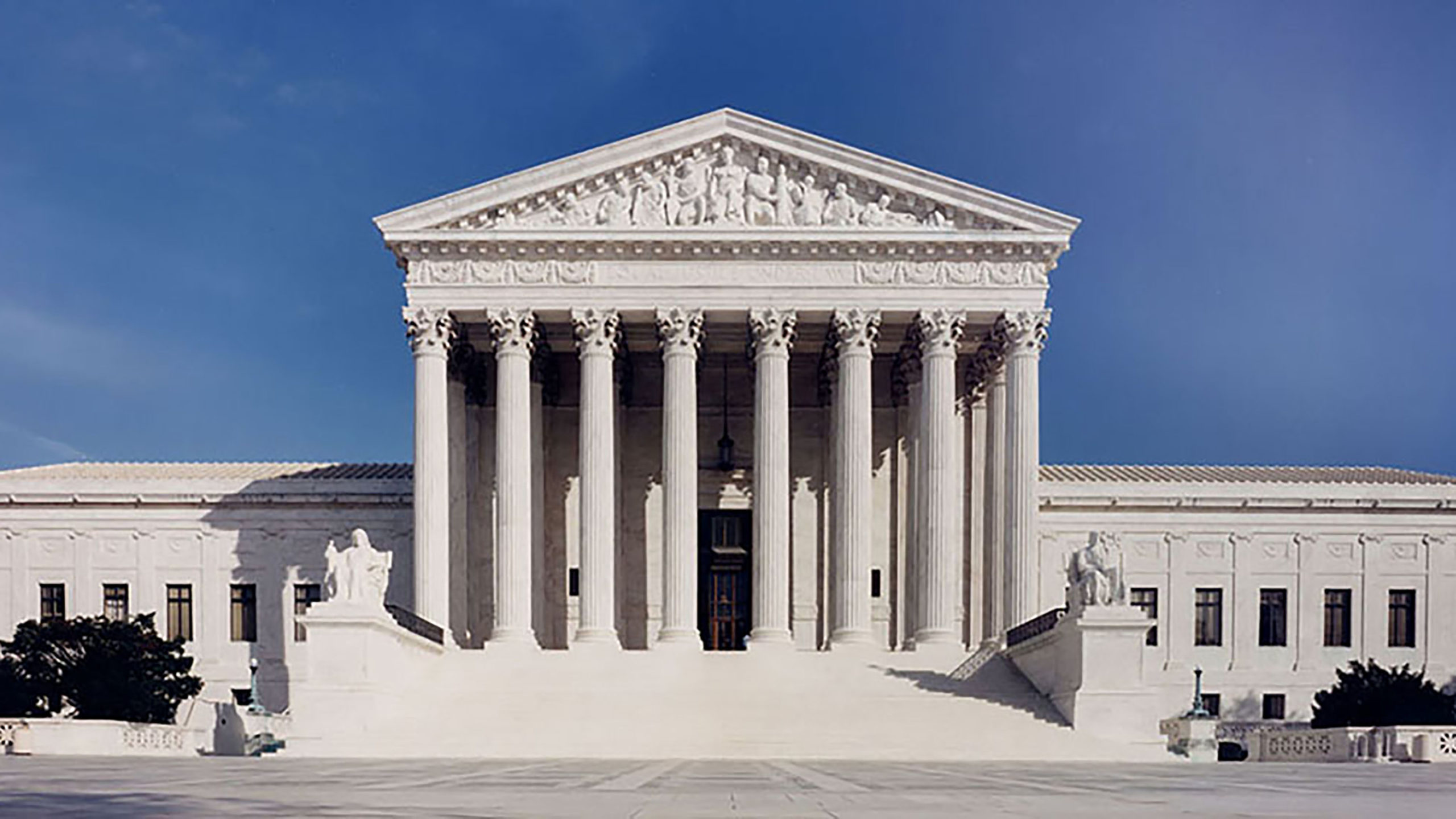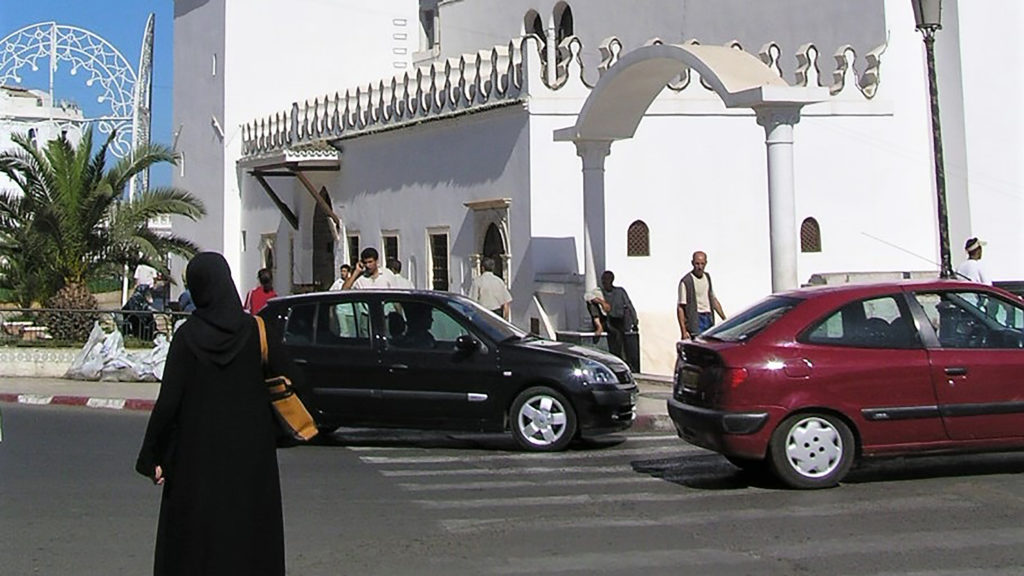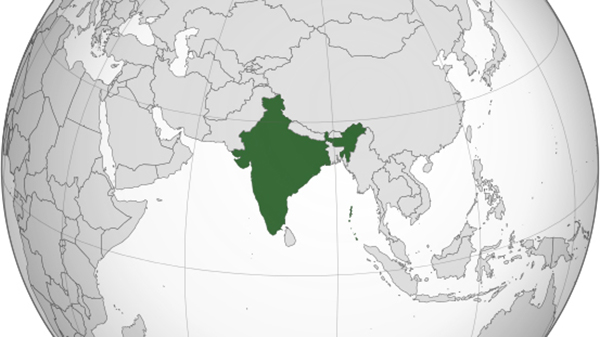In 6-3 decision, the Supreme Court said Tuesday (June 21) that state programs providing money for public school tuition cannot discriminate against religious schools.
The case, Carson v. Makin, asked justices to decide whether a state program in Maine that made taxpayer money available to families who live in remote areas without public high schools could continue to exclude sectarian schools, defined as those that promote a particular faith or belief system and teach material “through the lens of this faith.”
Writing for the majority, Chief Justice John Roberts said Maine’s program “promotes stricter separation of church and state than the federal Constitution requires.”
The tuition program is not neutral, he said, because “the state pays tuition for certain students at private schools — so long as the schools are not religious. That is discrimination against religion.”
Previous rulings
The court’s ruling affirms that the nonsectarian requirement for otherwise generally available tuition assistance payments violates the Free Exercise Clause of the First Amendment to the U.S. Constitution and builds upon precedents set in previously decided cases concerning religious freedom, such as Trinity Lutheran Church of Columbia Inc. v. Comer and Espinoza v. Montana Department of Revenue, according to a statement from the Southern Baptist Convention’s Ethics & Religious Liberty Commission.
“Maine’s attempt to sidestep the Constitution was halted in its tracks today, and rightly so,” said Brent Leatherwood, acting president of the ERLC. “The justices decision here accurately comports with the fundamental nature of religious liberty in our nation. The Court rightly decided that parents who choose to participate in a program like the one in Maine cannot have their constitutional rights abridged merely because they choose to send their children to a religious school. Similar attempts to curtail free expression have rightly been labeled ‘odious’ by the Court in previous decisions, and Maine’s program can now be added to that infamous list.”
Read more about this case and its implications for religious liberty here.






Share with others: